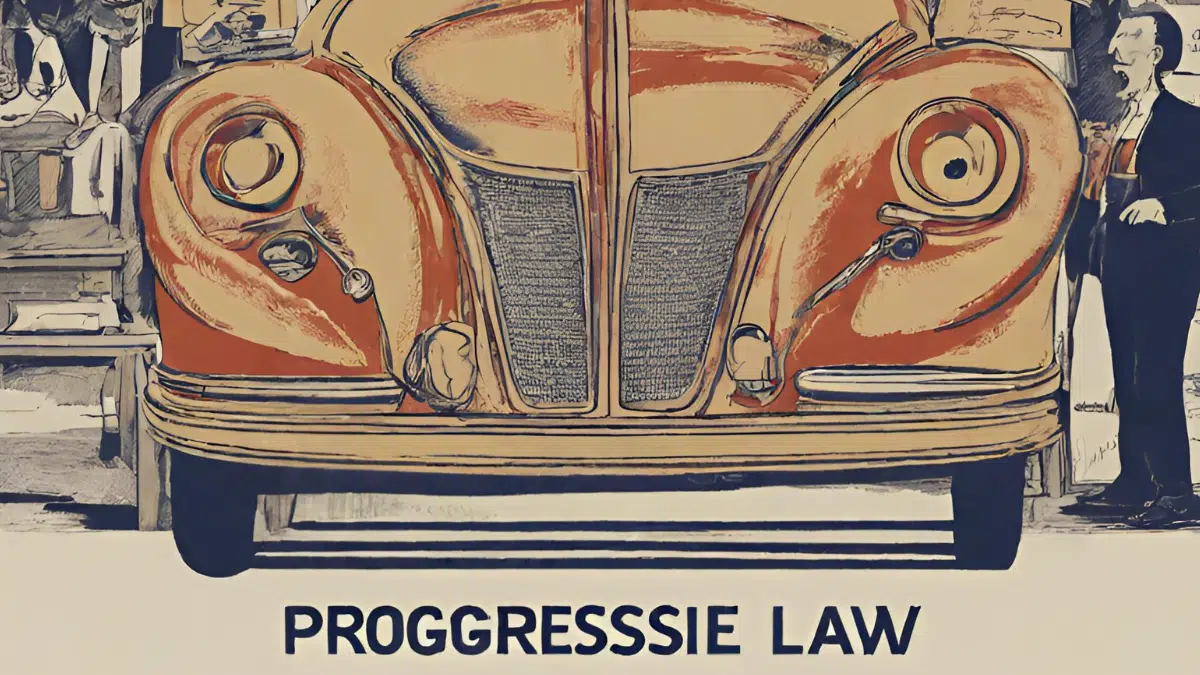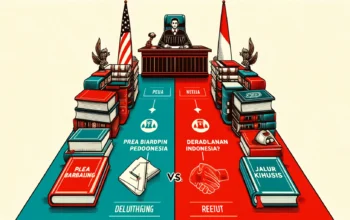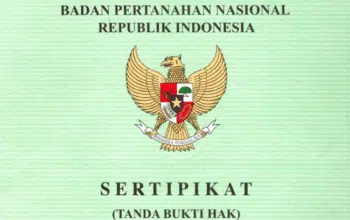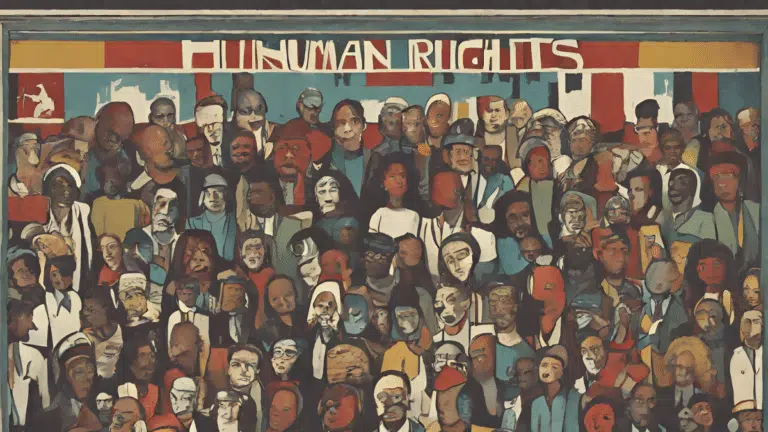Legal Literacy – Explore the progressive view of law and its implementation in the Indonesian legal system. Learn the basic beliefs, values, and dimensions that form the foundation of progressive law to achieve justice, humanity, and responsive development in society.
If we look at the history, do we think that there is no change in the future? Is there a peak, a time when the world stops evolving and stops changing? The progressive view of law is not in line with this view.
Progressive law sees the relationship between law and nature as the Panta Rei that flowed from a philosopher named Heraklitos. If a person holds this view, then he has his own attitude and characteristics in law.
First, there is a guideline in progressive law that becomes a paradigm, namely “Law for humans, not humans for the law,” expressed by Satjipto Rahardjo.
This view is a basic belief that does not assume that the law is a regulation that must be obeyed textually only, but must look at the human aspect that applies the law itself as the center of rotation in law, which means that humans are the center point of the rotation of the law. If someone holds this view, then that person will prioritize humanity in all aspects and law enforcement.
Second, progressive law does not have a view on establishing the status quo in law. Using the status quo is like thinking that man is for the law.
This view is in line with the legalistic, normative and positivist schools. If there is a law that formulates or says so, then people can only obey no matter what, unless the law is changed. Based on the description above, progressive law emphasizes law into the human aspects that complement each other in human social relations.
Satjipto Rahardjo expressed progressive law as a spearhead in achieving maximum legal goals. Progressive law relies on legal interpretation that is based on human conscience by prioritizing justice and moral values in society.
In addition, the law must be pro-justice, pro-people, in order to create a peaceful and prosperous society. Progressive law relies on law as a tool in creating a responsive life, prioritizing the formation of a legal state that is humane, conscientious, through spiritual intelligence as a medium that is liberating. There are several aspects that must be considered when discussing progressive law:
- The law activates the conscience of a rule of law,
- The law prioritizes the role and interests of the public,
- Law is responsive,
- The law prioritizes humanity that leads to a better life,
- Laws are always changing with the times,
- The law must be pro-justice and pro-people, therefore the law must develop by prioritizing the aspirations and needs of the community.
Progressive law in the Indonesian legal system has been implemented into the 1945 Constitution. The form of implementation is found in:
- The fourth paragraph of the Preamble of the 1945 Constitution requires the provision of protection from the government to the community, this is in line with the goal of progressive law, which is to create a just and peaceful thing.
- The second and fifth precepts of Pancasila are the soul of progressive law by placing humans as beings with dignity, access to justice, and civilized, indiscriminately.
- Article 24 paragraph (2) of the 1945 Constitution guarantees the public access to justice, and ensures that judges are a form of God’s representative who upholds justice without partiality and without intervention from any party.
- Article 27 paragraph (1) of the 1945 Constitution stipulates that there is no different treatment in law between communities. The legal position between communities must be the same even though there are different backgrounds.
- All articles in Chapter XA of the 1945 Constitution on Human Rights emphasize basic human rights. This article places an obligation on the government to fulfill people’s rights.
The application of progressive law in the Indonesian legal system is not directly explained by Satjipto Rahardjo. Progressive law, which is part of the national legal system, cannot be separated from the legal system as a whole.
Sunaryati Hartono argues that in upholding a national legal system that has the philosophy of Pancasila and is based on the 1945 Constitution of the Republic of Indonesia, four dimensions or aspects must be built, including:
- Development of Legal Facilities and Infrastructure
- Development of Legal Apparatus
- Legal Material Development
- Building a Culture of Law
There are certain values that determine the legal culture of a nation in practicing its law. Legal culture in society is related to the behavior of law enforcers and the behavior of the community itself in law, even the development of legal material itself. The development of legal material relates to the substance of a legislation, while the development of legal apparatus concerns the resources of the legal apparatus.
In accordance with the explanation above, of course there must be laws whose substance contains pro-people and pro-justice principles. The justice system must also support the people in their quest for justice, be impartial, and equalize the legal standing of individuals despite their different backgrounds.
In addition, in the Law Enforcement Officials (APH) there must be the ability to think through reason and conscience which is implemented into moral and intellectual. In addition, in the Law Enforcement Officials (APH) there must be the ability to think through reason and conscience which is implemented into moral and intellectual.
*This article is the personal opinion of the author and does not represent the views of the editorial staff of Literasi Hukum Indonesia.







